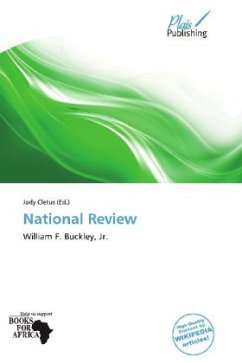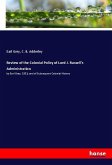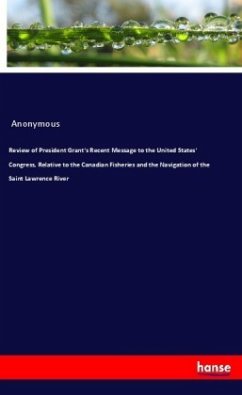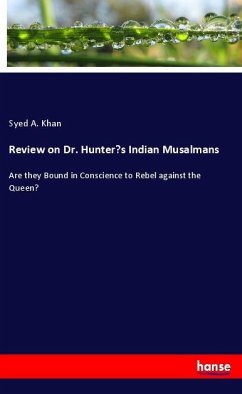Please note that the content of this book primarily consists of articles available from Wikipedia or other free sources online. Prior to National Review's founding in 1955, some conservatives believed that the American right was a largely unorganized collection of individuals who shared intertwining philosophies but had little opportunity for a united public voice. They also wanted to marginalize what they saw as the antiwar, noninterventionist views of the Old Right. In 1953 moderate Republican Dwight D. Eisenhower was president, and many major magazines such as the Saturday Evening Post, Time, and Reader's Digest were strongly conservative and anti-communist, as were many newspapers including the Chicago Tribune and St Louis Globe-Democrat. A few small-circulation conservative magazines, Human Events and The Freeman preceded National Review in developing Cold War Conservatism in the 1950s.
Bitte wählen Sie Ihr Anliegen aus.
Rechnungen
Retourenschein anfordern
Bestellstatus
Storno








